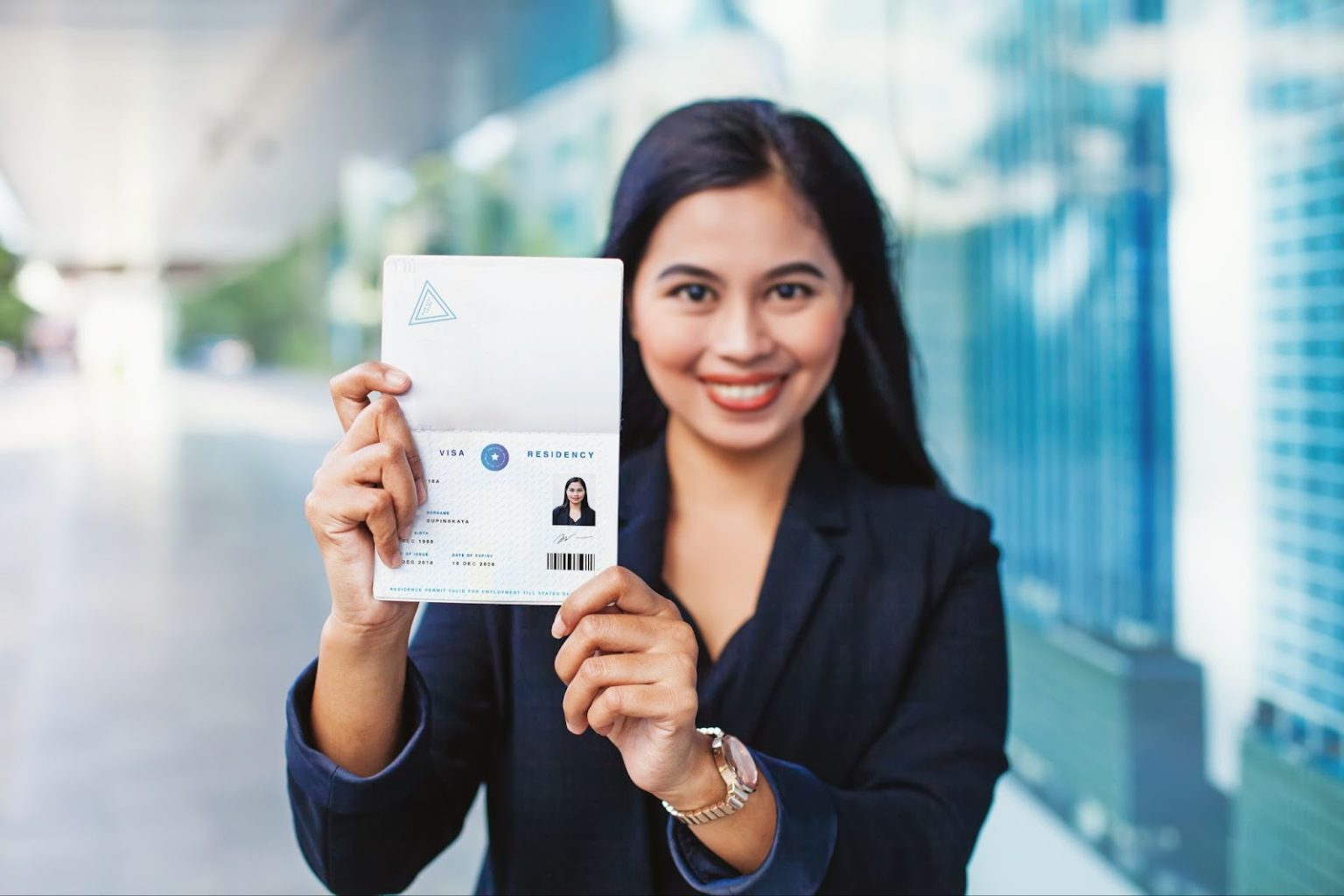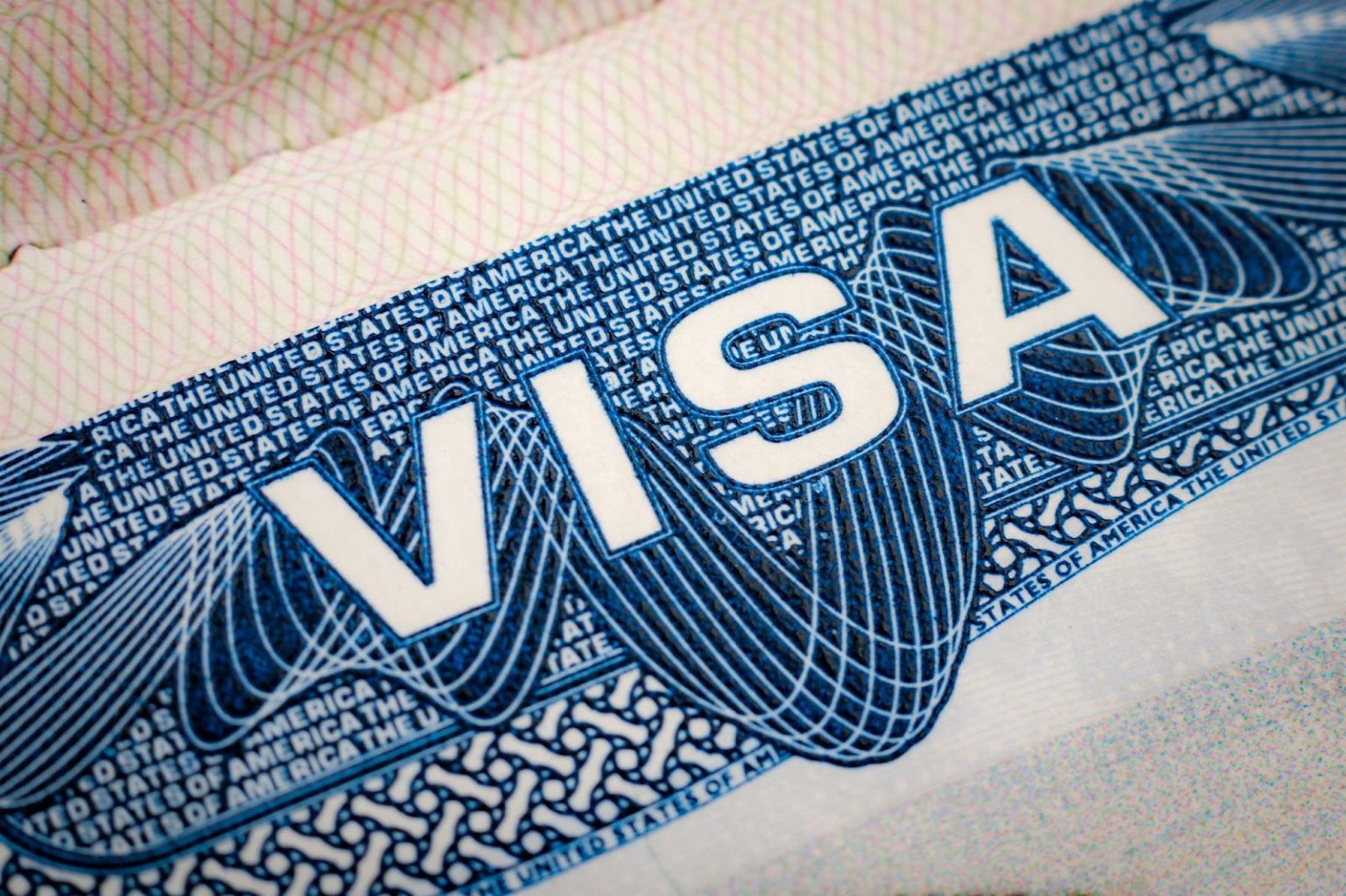Securing an EB-1A Extraordinary Ability Visa is a coveted achievement that opens doors to immense opportunities in the United States for individuals recognized at the top of their fields.
Whether you’re a technology innovator, a leading researcher in science, a celebrated artist, or a sports star, this visa category is designed to facilitate your contributions on U.S. soil without the need for a specific job offer.
This blog will guide you through the essential criteria, documentation requirements, and strategic insights necessary to qualify for an EB-1A visa.
We will help you understand how to showcase your extraordinary abilities effectively to meet the rigorous standards set by U.S. immigration authorities, ensuring your application stands the best chance of success.
What is the EB-1A visa?
The EB-1A visa is a special kind of green card. It’s for people with amazing skills who have done big things in their respective fields. People all over the world recognize them for their excellent work.
This visa is for those with extraordinary abilities in fields like science, art, education, business, or sports. It allows them to live and work in the United States because they are top-notch in what they do.
Who can try to get an EB-1A visa?
The EB-1A visa is not easy to get. You need to show that you are the best of the best. This means you have to give proof of your wins or your work that got a lot of attention. Think of it like showing off a trophy shelf filled with all your amazing work.
Getting an EB-1A visa is a big deal. If you have what it takes, it can lead to a bright future in the U.S. Stars with global fame, pros with top skills in their jobs, and big-time award winners usually get EB-1A visas so they can travel and work in the U.S. to further expand their careers.
Eligibility Criteria
To qualify for an EB-1A visa, you must show extraordinary abilities and be at the top of your field, which could be in the arts, sciences, business, or athletics. People from around the world, known as foreign nationals, aim for this visa because it allows them to live and work in the U.S. permanently without needing a job offer.
Here are the main points to be eligible:
- International acclaim: Prove you’re famous in your field across the world.
- Outstanding achievements: Show big successes and top-level work.
- Critical role: Have a leading part in important projects or organizations.
- Awards for excellence: Win big awards or prizes that show you’re the best.
Experts suggest collecting evidence such as articles in major trade publications or scholarly journals, judging others’ work, and having your work featured.
An immigration lawyer can help with the application process through a visa consultation, ensuring that you meet the evidentiary criteria with the proper types of evidence.
Remember, meeting at least three criteria from the list can move you closer to an EB-1A visa.
EB-1A Visa requirements
To better comprehend the EB-1A visa requirements, let’s break them down into four main criteria.
Extraordinary Ability
At the heart of the EB-1A visa requirements lies an individual’s extraordinary ability. But what exactly does that mean? Well, it involves demonstrating sustained achievements and recognition, surpassing what is typically expected, and evidence of national or international acclaim in your chosen field.
Evidence
As with any worthy endeavor, providing concrete evidence is fundamental. The evidence you present to showcase your extraordinary abilities varies depending on your field and may include renowned awards, media recognition, publications, membership in esteemed organizations, original contributions, or displays of significant influence.
Demonstrating National Interest
This is an important aspect of obtaining an EB-1A visa. Individuals must demonstrate that their extraordinary ability will significantly benefit the United States. You can accomplish this by highlighting your contributions to your field, your positive impact on the economy, or how your work addresses a critical national interest.
Application Process
The application process for an EB-1A Extraordinary Ability Visa may seem daunting, but with the right guidance, it can be a straightforward and successful journey.
Step 1: Understand the Requirements
Before completing the application, it is crucial to comprehend the requirements set forth by the United States Citizenship and Immigration Services (USCIS).
As we’ve discussed, to qualify for an EB-1A visa, you need to provide evidence of extraordinary ability in one of the following fields: sciences, arts, education, business, or athletics.
These abilities must be recognized on a national or international level, making you stand out among your peers. As great as playing a good soccer game is, it’s not enough to score an EB-1A visa.
Step 2: Organize Your Documentation
To prove your extraordinary ability, you must compile a thorough portfolio of evidence. Carefully organizing this evidence is essential, as it will be the foundation of your application.
Step 3: Drafting a Persuasive Petition Letter
The heart of your application is the petition letter, which serves as a persuasive document highlighting your extraordinary abilities. It is crucial to craft this letter in a way that presents your accomplishments and contributions clearly and convincingly. Remember, the aim is to showcase your unique skills and what makes you exceptional in your field.
Step 4: Collecting Letters of Support
In addition to your petition letter, you will need to gather letters of support from experts in your industry. These letters should emphasize your extraordinary abilities and provide a different perspective on your achievements.
Choose individuals who are highly regarded and can speak to your professional accomplishments in a detailed and positive manner.
Step 5: Preparing the Application Forms
Completing the necessary application forms is another critical step in the EB-1A visa process. Provide accurate personal information, previous immigration history, and employment details. This information will be used to ensure your suitability for the visa classification and will support your extraordinary ability claims.
Step 6: Paying the Required Fees
To continue with your application, you must pay the necessary fees as required by USCIS. The fee covers the processing costs and must be submitted along with your completed application forms. It is essential to check USCIS’s official website for the latest fee amounts and accepted payment methods, as these are subject to change at any time.
Step 7: Submitting the Application
Once you have gathered all essential documents, including your petition letter, supporting letters, application forms, and fee payment confirmation, it is time to submit your application to the USCIS. Ensure you have made copies of all the paperwork for your records, as it might be required during the review process.
Step 8: Waiting for a Decision
After the submission, the USCIS will review your application to assess your eligibility for an EB-1A visa. The evaluation process may take several months, so it is important to be patient. USCIS will notify you of its decision in writing, either approving or denying your application.
Alternatives to EB-1A Visas
If you’re hoping to work in the United States but finding the EB-1A visa a tough fit, don’t worry! There are other great options to consider, and an immigration lawyer can help you find the best option.
O-1 Visa
The O-1 visa is tailored for individuals who demonstrate extraordinary ability in their professional fields or who have achieved a high level of success in the motion picture or television industry.
To qualify, applicants must prove their exceptional skills through extensive documentation, including awards, critical roles, significant achievements, and recognition from their peers.
The process involves a U.S. employer or agent filing a petition on behalf of the applicant, including a detailed itinerary of the activities the applicant will undertake during their stay.
Once approved, the O-1 visa allows the individual to work legally in the U.S. for the duration of their assignment, up to three years, with the possibility of extensions. This visa benefits not only the visa holder but also the U.S. entities that gain from their expertise.
EB-2 Visa
The EB-2 visa is a U.S. immigrant visa designed for foreign professionals with advanced degrees or exceptional ability in the sciences, arts, or business. Applicants must generally have a job offer from a U.S. employer who will file a petition on their behalf, and a labor certification proving that no qualified U.S. workers are available for the role.
There are two subcategories: EB-2A for those with advanced degrees, and EB-2B for those demonstrating exceptional ability in their field. Exceptional ability means a degree of expertise significantly above that ordinarily encountered.
The process includes demonstrating qualifications, the job offer, and the labor certification, followed by filing Form I-140.
In some cases, applicants can seek a National Interest Waiver, which allows them to bypass the job offer and labor certification requirements if their employment would be in the national interest of the United States. Once approved, the EB-2 visa provides a pathway to U.S. permanent residency.
EB-3 Visa
The EB-3 visa is a pathway for skilled workers, professionals, and other workers to obtain U.S. permanent residency. It caters to three groups: skilled workers with at least two years of relevant experience or training, professionals holding a bachelor’s degree, and other workers engaged in unskilled labor that requires less than two years of training or experience.
Applicants must secure a permanent job offer in the U.S., and their employer must complete a labor certification process. This process demonstrates that there are no available U.S. workers for the specific job.
The employer must then file a Form I-140, Petition for Alien Worker. Once approved, the applicant can proceed to apply for a green card, making the EB-3 a crucial visa for those seeking to enter and remain in the U.S. job market.
L-1 Visa
The L-1 visa facilitates the transfer of key employees from a multinational company’s foreign offices to its offices in the United States. This visa is divided into two categories: L-1A for managers and executives, and L-1B for employees with specialized knowledge.
To qualify, employees must have worked for the company outside the U.S. for at least one continuous year within the preceding three years. The U.S. company must file a petition on the employee’s behalf with U.S. Citizenship and Immigration Services (USCIS).
If approved, the L-1 visa allows the employee to stay in the U.S. for an initial period of up to three years, which can be extended. For L-1A holders, the total stay may extend up to seven years; for L-1B holders, it can extend up to five years.
This visa not only helps companies bring key personnel to their U.S. operations but also allows such employees to apply for permanent residency under certain conditions.
Remember to chat with an immigration lawyer to choose the best path for you.

Frequently Asked Questions
1. What is the difference between EB-1A and EB-1B visas?
The EB-1A visa is for individuals with extraordinary abilities in the arts, sciences, education, business, or athletics. It does not require a job offer or employer sponsorship. The EB-1B visa, however, is for outstanding professors and researchers and requires a job offer and sponsorship from a U.S. employer.
2. Can family members accompany an EB-1A visa holder to the U.S.?
Yes, spouses and unmarried children under the age of 21 can accompany the EB-1A visa holder to the U.S. under the E-14 and E-15 visa status, respectively.
3. Is there a quota or cap for EB-1A visas each year?
Yes, there is an annual limit on the number of EB-1 visas issued, which includes EB-1A, EB-1B, and EB-1C categories combined. However, this category rarely reaches its cap compared to other visa categories.
4. How long does the EB-1A visa process take?
The processing time can vary greatly depending on the USCIS service center and specific case details, but it generally ranges from 8 to 14 months. Applicants can opt for premium processing to receive a decision within 15 calendar days.
5. Can I apply for an EB-1A visa while living outside the United States?
Yes, individuals can apply for an EB-1A visa from outside the U.S. The process involves a consular interview and, upon approval, they can enter the U.S. as permanent residents.
6. What happens if my EB-1A application is denied?
If an EB-1A application is denied, the applicant can file a new petition or a motion to reopen or reconsider the case. It is advisable to consult with an immigration attorney to understand the reasons for denial and improve the application.
7. Are there any language requirements for the EB-1A visa?
There are no language proficiency requirements for the EB-1A visa; however, applicants must be able to communicate effectively to perform their work in the U.S., if applicable.
8. Do I need a lawyer to apply for an EB-1A visa?
While it is not mandatory to have a lawyer, the EB-1A visa application process is complex and highly technical. Having an experienced immigration attorney can significantly enhance the likelihood of approval by ensuring the application is thorough and complies with all legal requirements.
9. Can I switch employers once I am in the U.S. on an EB-1A visa?
Yes, since the EB-1A visa does not require employer sponsorship, visa holders are not tied to a single employer and can change jobs. However, it’s important to note that the new job should also be in an area that demonstrates the individual’s extraordinary abilities.
10. What are the benefits of obtaining an EB-1A visa compared to other immigrant visas?
The EB-1A visa offers several advantages, such as no need for a labor certification or a job offer, faster processing times compared to other green card categories, and it allows for self-petitioning.
11. Can I apply for U.S. citizenship after receiving my EB-1A visa?
Yes, after holding permanent resident status for five years (or three years if married to a U.S. citizen), EB-1A visa holders can apply for U.S. citizenship through the naturalization process.
Apply for an EB-1A Extraordinary Ability Visa with ImmiVisa
Navigating the EB-1A visa process is complex, requiring a thorough demonstration of your extraordinary abilities and significant contributions to your field.
With strict criteria and meticulous documentation needed, the path to approval is not always straightforward. However, with a visa consultation, your dream of advancing your career in the United States can become a reality.
At ImmiVisa, our team of experienced immigration attorneys specializes in helping exceptional talents like you. We understand the nuances of the EB-1A visa and are committed to providing personalized strategies to enhance your application.
Don’t let the complexities of the visa process deter you from pursuing your goals. Contact ImmiVisa today to schedule a consultation. Our experts are ready to assist you every step of the way, ensuring your application not only meets but exceeds the expectations of U.S. immigration authorities.
Let us help you unlock the door to new opportunities in the United States. Reach out now for your visa consultation, and take the first step toward turning your potential into achievement.



